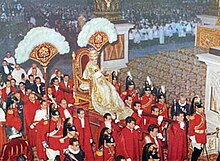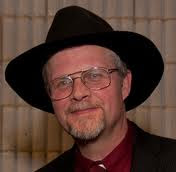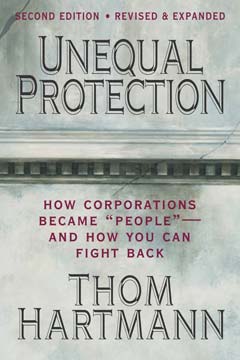Gordon Clark, teaches that creation happens, “once for all” Thales to Dewey, pg. 187.
“God did not create the world in space any more than he created it in time. Space is a characteristic of the world and was created with it. The doctrine of Creation posits God alone as the the sole original principle. He created out of nothing and into nothing. Any attempt to make space and time independent of God’s creation is inconsistent with the assumption of a single first principle.” Thales to Dewey, pg. 190
Clark says,
“The Christian view of things also seems to resemble a dualism: At least the world and God may be called two ‘substances’ ; neither one is the substance of the other. But actually Christianity is more successfully monistic than Neoplatonism was. God alone is the eternal substance, the independent principle’ apart from creation of the world nothing exists besides him. This underlines the essential and controversial elements of the Hebrew-Christian doctrine. First, as Creator, God is viewed, not as an undifferentiated One that produces a world by necessity, but as a living mind who with foreknowledge created voluntarily. Plotinus explicitly denied will to his One; but will is one of the most prominent aspects of the Biblical Deity.” Thales to Dewey, pg. 189
Dr. Clark, in his book on The Atonement, pg 133 (The Trinity Foundation, Jefferson Maryland, 1987) says, “God had to create-not because there was some power external to him, but because he is God. A God who might not create, or would not have created, is simply not the Biblical God.” He says again, in The Trinity, (Jefferson, Maryland: The Trinity Foundation, 1985), pg. 112,
“Thus the begetting of the Son occurs, and the Son as a Person exists, by a necessity of the divine nature-the nature of the divine will.” [Ergo, the nature and the will have no distinctions and are swallowed up in the One]
So early on when he wrote Thales to Dewey, he was Orthodox, he understood the issues essential to Christianity. But his readings of Herman Hoeksema drug him right back into the exact Neo-Platonism that he reputed in Thales to Dewey. No doubt the Hyper-Calvinists are going to go nuts when they read this and call me every name in the book and hurl all kinds of insults at me like good little wanna-be Christians.
Here are the facts: Monothelitism posited an utter passivity to the human nature of Christ in the work of redemption . The modern day Scripturalists following later Clark do the exact same thing. The Monotheletes posited an utter Monergism with no Synergy between the divine and human natures of Christ. This denied Christ’s human will clearly posited by Christ himself in Gethsemane when he said, “not my will but thine be done” and it denied the consubstantiality of Christ with men. The only way out for the Later Clarkian Scripturalists is to say that men have no wills either, therefore Christ’s non-will posits consubstantiality, committing them to the Consubstantial Monad Pantheism of Plotinus. So they must either admit 1. That men have conditions to fulfill in the Covenant of Grace positing a synergy, committing them to a departure from later Clark hyper-Calvinism and back to Orthodoxy. 2. Admit that man has no will and deny consubstantiality with Christ 3. Admit that neither God nor man has will and admit the Emanation view of the Plotinus’ One where Nature, Will and Activity are all swallowed up in the One and creation is a necessary extension from the One’s nature, ergo Pantheism.







-1-.jpg)


























[…] Creation Ex Nihilo-Early Clark vs. Later Hyper-Calvinist Clark […]
[…] Creation Ex Nihilo-Early Clark vs. Later Hyper-Calvinist Clark […]